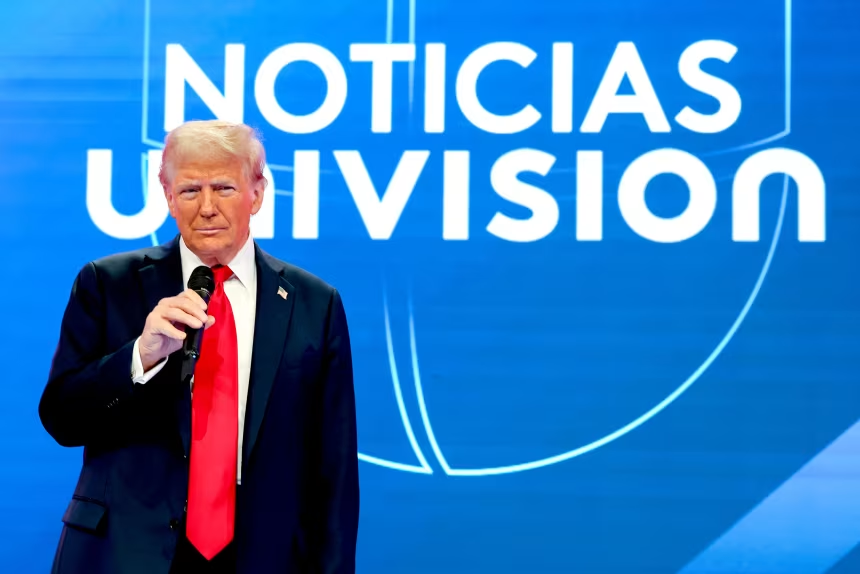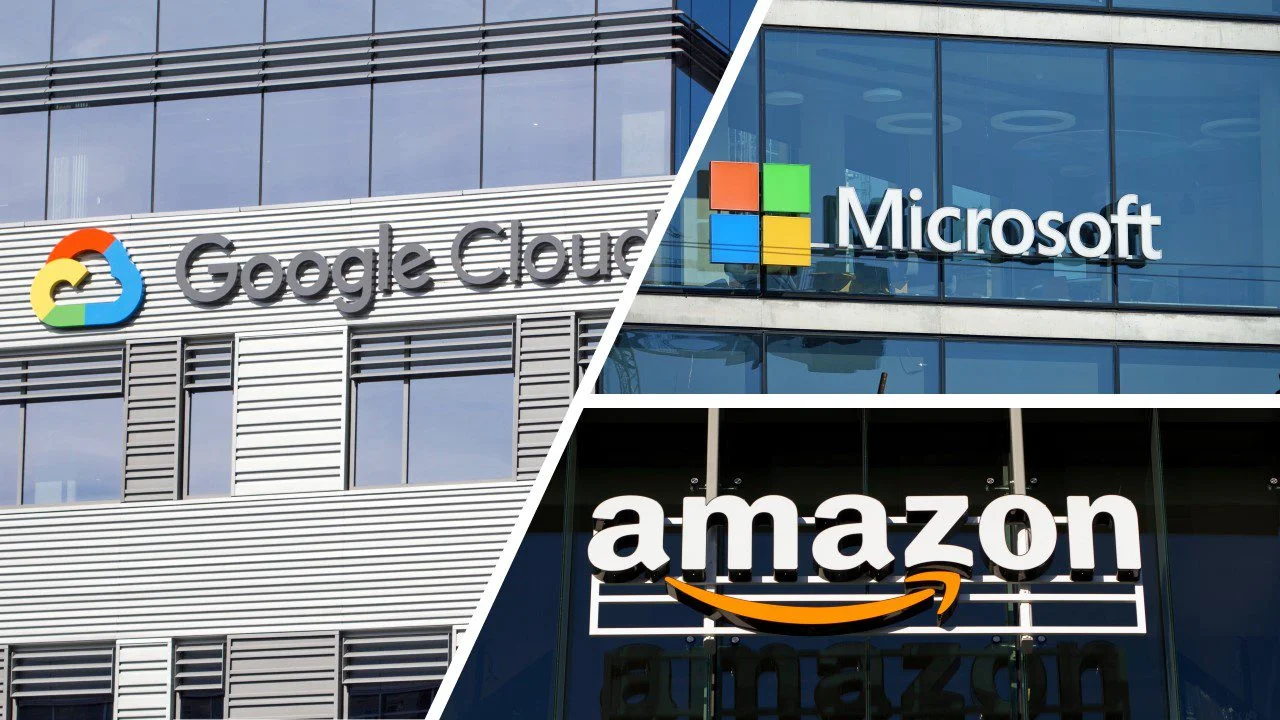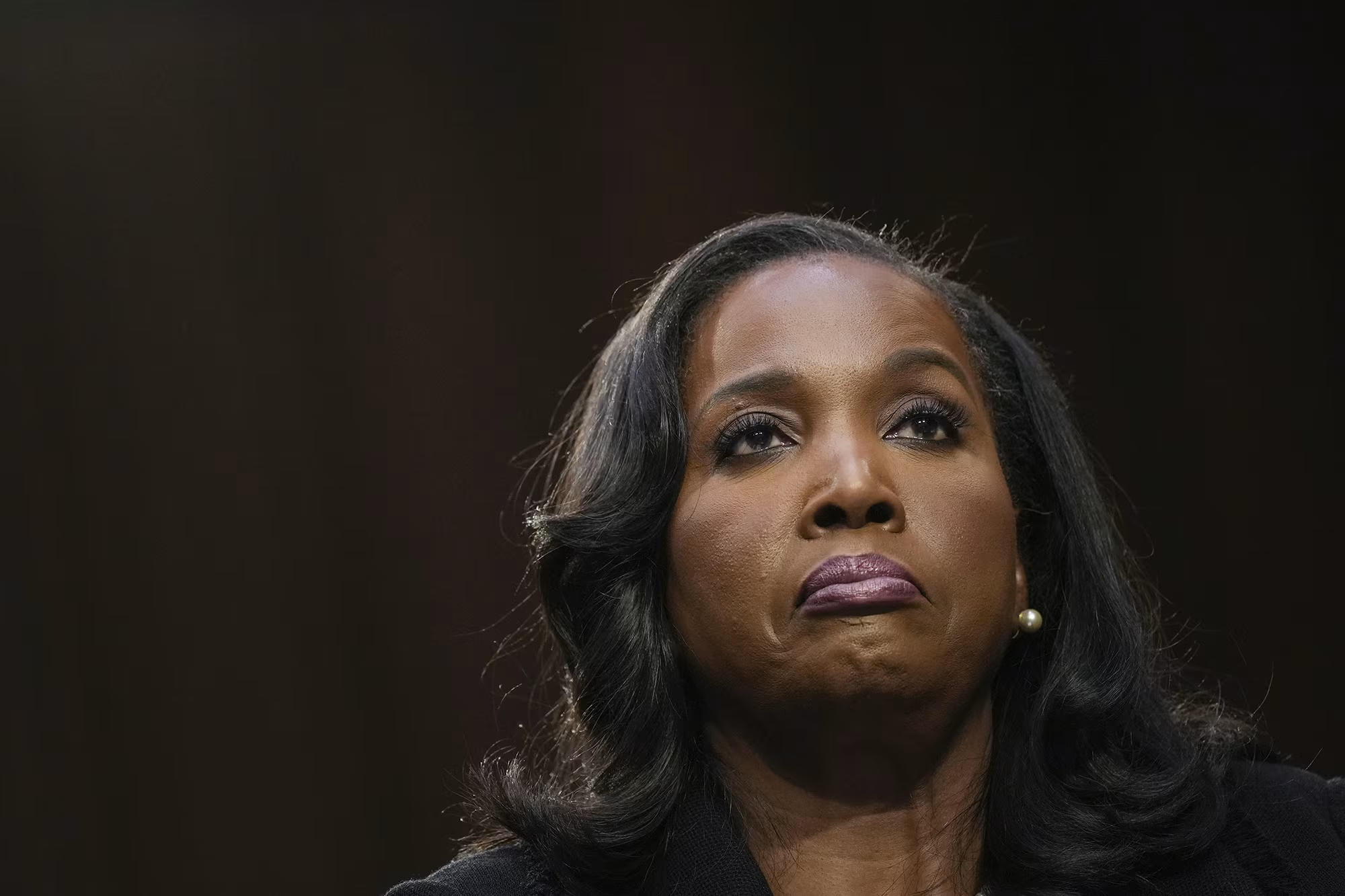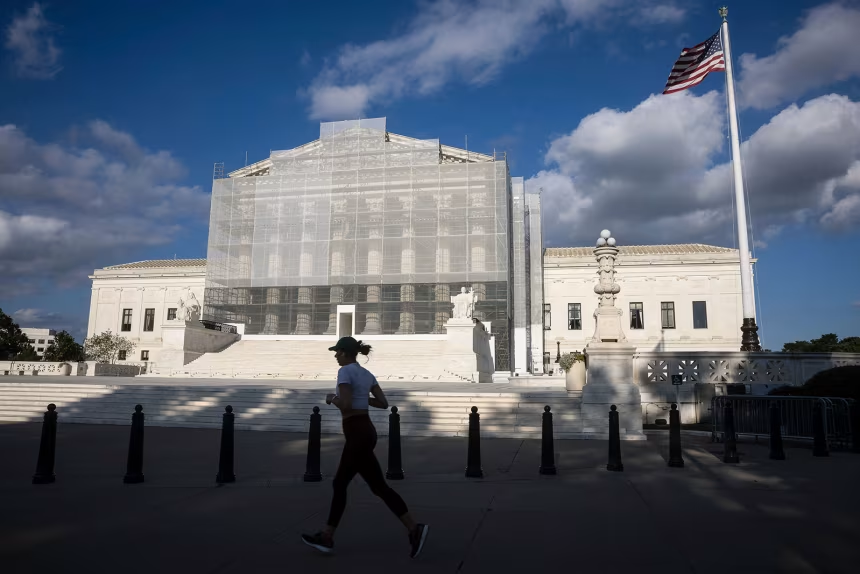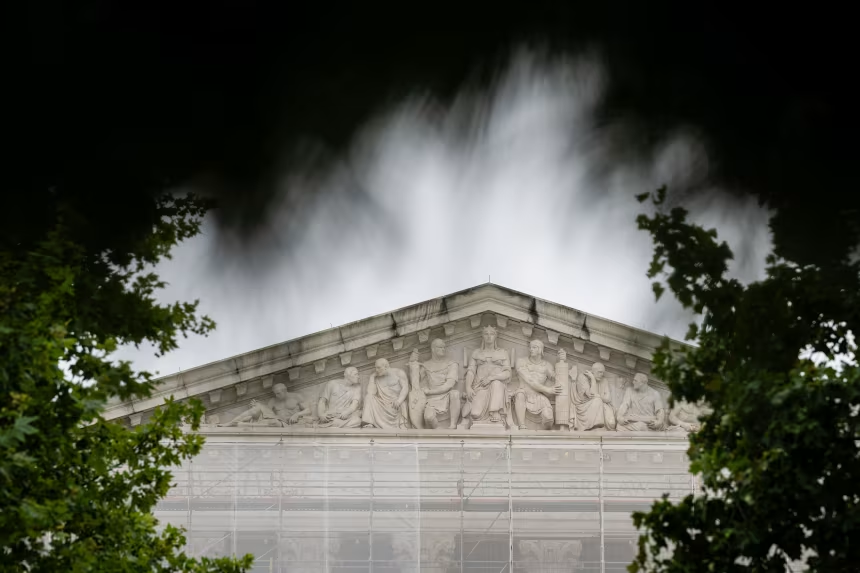Donald Trump has intensified his criticism of Google after YouTube TV removed Univision from its base package, calling the move a deliberate attempt to silence Hispanic voices and limit media diversity ahead of the upcoming midterm elections. The decision, which shifts Univision into a paid Spanish-language add-on, has sparked widespread backlash among viewers, political analysts, and community leaders.
Trump, who has long positioned himself as a defender of alternative media outlets, accused Google of political bias and warned that the removal of Univision could alienate a large portion of the Hispanic audience. He emphasized that Univision has historically played a key role in engaging Hispanic voters and covering issues relevant to Latino communities, saying the decision “hurts millions of Americans who rely on the channel for real news.”
The former president’s remarks have reignited the ongoing debate about the power of big tech companies in shaping media access and influencing public discourse. Critics argue that platforms like YouTube TV have too much control over what audiences can watch, with some accusing tech giants of manipulating visibility for political or economic motives.
Google, however, insists that its decision was purely business-oriented, citing cost optimization and content performance as primary factors. According to company representatives, the streaming service aims to tailor subscription packages to better suit viewer preferences while keeping costs manageable. Despite this, many observers remain skeptical, noting the timing of the change—just months before the elections—raises questions about its political implications.
TelevisaUnivision, the parent company of Univision, has thanked Trump for drawing national attention to the issue, highlighting that Hispanic media representation remains vital to democracy and inclusivity. Company executives stated that Univision has been a trusted source for millions of Spanish-speaking Americans and that restricting access undermines the goal of providing diverse perspectives in mainstream media.
Political commentators note that Trump’s intervention may also be a strategic move to strengthen his connection with Latino voters, who played an increasingly significant role in recent elections. By championing the reinstatement of Univision, Trump positions himself as an advocate for media freedom and cultural representation—key talking points as campaign activities intensify.
Beyond the political narrative, this clash underscores the evolving relationship between technology and communication. As more people rely on digital platforms for news and entertainment, decisions by tech companies can have far-reaching effects on public opinion, visibility, and democratic engagement. The YouTube-Univision controversy serves as a reminder of how closely intertwined technology, politics, and identity have become in modern America.
With the midterm elections approaching, the outcome of this dispute could shape not only the future of media accessibility but also how digital platforms handle cultural and political sensitivity. For now, the call for reinstating Univision remains a symbol of a larger struggle—one that pits corporate strategy against public trust and political accountability.


